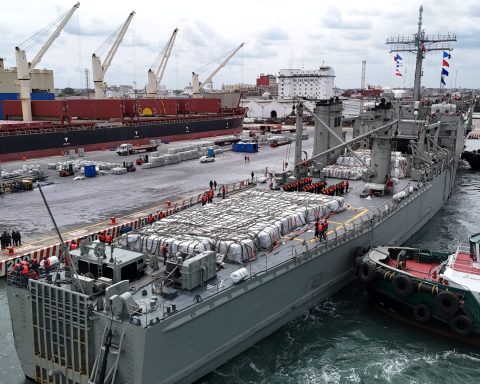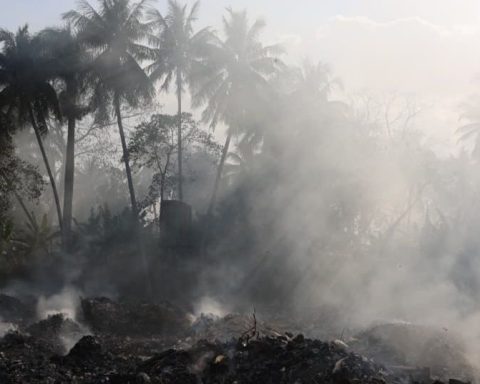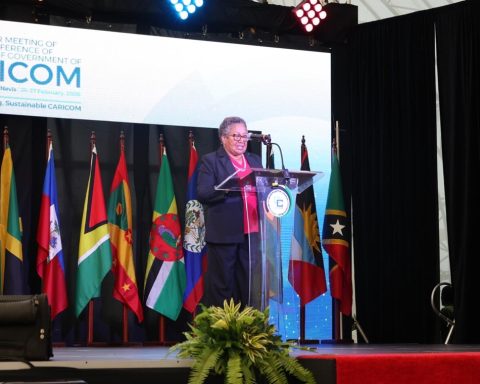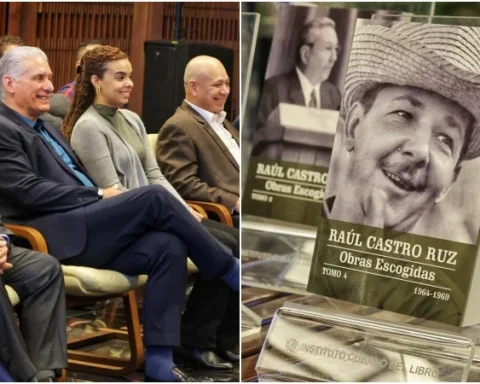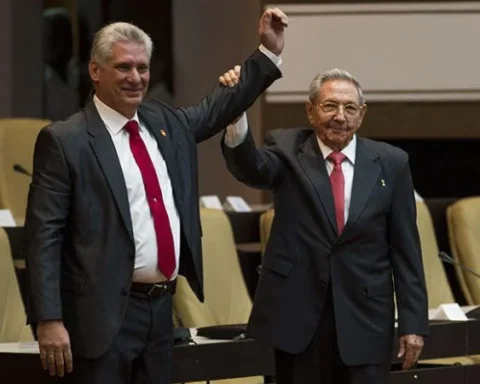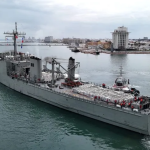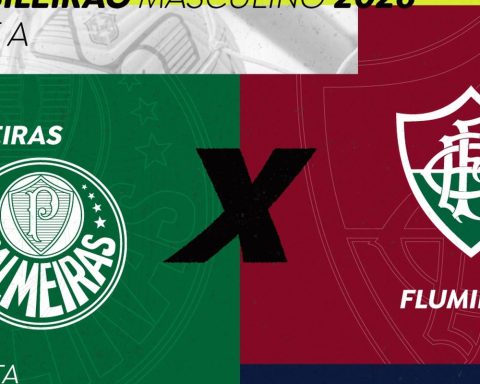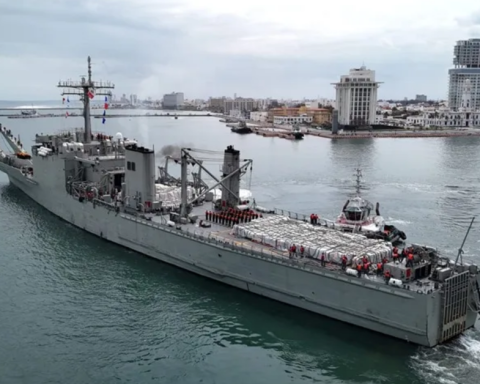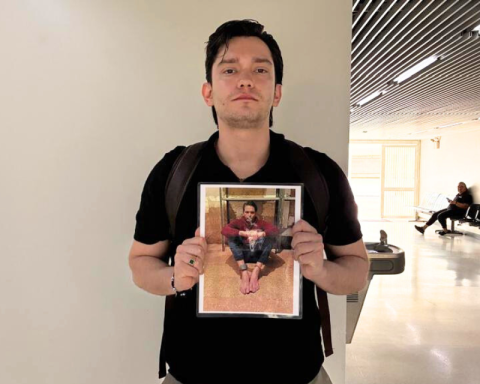Havana Cuba. — Last Friday, Cuban Television exhibited the image of Colombian President Gustavo Petro and the chief negotiator of the band that calls itself the “National Liberation Army” (ELN), Pablo Beltrán. The two shook hands at the end of the third round of negotiations among them. Miguel Díaz-Canel Bermúdez, president of the Cuban “Continuity” also appeared.
They all smile; the Cuban hierarch seems to do it more than the other two,… although perhaps he gives us that impression because he is the only one in front. All three belong to the same left litter, even though their parents are different. Díaz-Canel is already known to be in the ranks of more or less classical Marxism-Leninism. Beltrán and his cronies enjoyed enthusiastic support from the Castros. And we already know that Petro limps on the same leg: as a young man, he was a member of the “April 19” Movement (M-19), another subversive guerrilla, although he currently holds the Presidency by the vote of the Colombians.
Despite the different reasons that each has for it, I believe that all three have some reason for the public display of joy. That kind of thing usually happens when everyone gets something out of a deal. To achieve greater clarity in the exposition, it is convenient to point out the specific benefit obtained by each of the three interpreters.
Let’s start with “our president” Díaz-Canel. As a simple facilitator of the agreement reached and a mere host of both parties in Havana, he is the one who should least boast of what has been achieved. But it must be recognized that fate has not been generous with him. As the popular sexist saying goes, it has been up to him to “dance with the ugliest”. He has had to administer, at least on a formal level, the final bankruptcy of Castroism.
For this reason, it is necessary for us to admit that, in the years in which he has been the boss, the reasons for laughter have not abounded. His presidency has been marked by massive and widespread popular protests, brutal repression of them ordered by himself, lethal fires, exodus of hundreds of thousands, constant blackouts, as well as an economic regression that has led the majority of Cubans to misery. , and some to destitution.
To make matters worse, now its headquarters is marked by large floods that have caused considerable damage. Someone may object that we are talking about an event that is not the responsibility of the character. It is true that it is a meteorological phenomenon, but we should not forget the wise saying: a skinny dog, everything is fleas.
Although in this case the most affected quadrupeds are not dogs, but nine peccaries from the Camagüey Zoo. According to CubitaNowthe animals were transferred “to the established place, wide and with a certain height”, but “the stress resulting from the situation” caused the drowning of nine… In what bellies did those livestock have ended up that -he informs us 14yMedio— are “pig-like” mammals!
In any case, and in view of the sea of calamities over which he has had to preside, Díaz-Canel applies another proverb and presents bad weather with a good face. Despite the very debatable value of the agreement reached (later I will say why) that man from Villa Clara who came to the presidency by the vote of 605 compatriots has shown a joy that would be more appropriate if he had had to intervene in a commitment of universal historical importance.
As far as Pablo Beltrán and his gang cronies are concerned, everything seems clearer. I suppose that for the subversives of the ELN It hasn’t been too difficult to accept a ceasefire for just six months (which is what the highly publicized agreement boils down to—not something more pretentious).
During this limited period, the ELN bands must refrain from attacking the Republic troops; but in exchange for that limitation, they will have the possibility to camp for their respects. Former President Duque is right when he tweets that the dubious agreement manages to “paralyze the public force”; nor by qualifying it as “an insult to the country” and a “triumph of crime.”
In the meantime, the subversives will be able to continue with the kidnappings and extortions to which we are accustomed (and which they, like good socialists, prefer to call with the euphemisms “withholdings” and “taxes”). About these criminal activities (or about others, such as those related to coca and marijuana) nothing has been decided. But the certain fact is that, “thanks” to the “ceasefire”, the Colombian authorities will be prevented from using their most powerful and convincing tool against the criminals.
And what about President Petro? The Head of State was in the middle of a true political storm: they transcended some telephone conversations between the young head of the president’s office, Laura Sarabia, and the former ambassador to Venezuela, Armando Benedetti. In those talks, the latter, annoyed at not having been received by Petro, mentioned multimillion-dollar illegal financing for the presidential campaign, and threatened to disclose it.
The new tenant of the Casa de Nariño in Bogota, like a good leftist, fled forward: without giving an explanation as to what was true or false in the accusations derived from Benedetti’s statements, he summoned his supporters to march in the various cities of the country. The demonstrations would be in support of his government and the “reforms” that he advocates.
In the midst of this murky context, the “ceasefire” agreed for six months, despite being far from the “total peace” that the president promised Colombians, serves as a timely smokescreen to silence the scandal. I suppose that, in his heart of hearts, Gustavo Petro, paraphrasing the French King Henry IV, thought that the diversionary maneuver was “well worth a trip to Havana.”
OPINION ARTICLE
The opinions expressed in this article are the sole responsibility of the person who issues them and do not necessarily represent the opinion of CubaNet.
